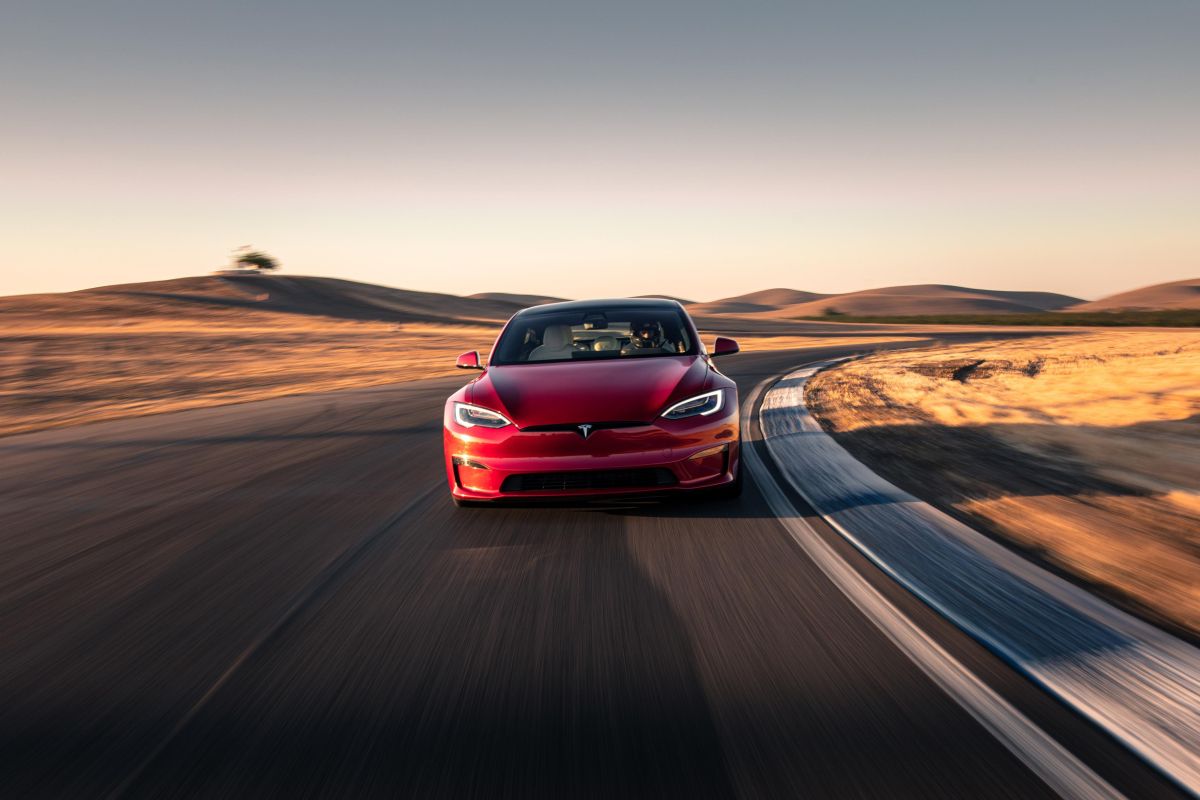Tesla reported a steep decline in its Q1 2025 earnings, citing a 9% drop in total revenue and a staggering 71% plunge in net income compared to the same period last year. The electric vehicle maker attributed the disappointing results to a combination of trade-related uncertainty, increased competition and political backlash tied to CEO Elon Musk.
Auto revenue alone fell 20%, while adjusted income declined 39% -- both steeper drops than analysts had forecast. The company also revealed it delivered 50,000 fewer vehicles than in the first quarter of 2024, marking its lowest sales volume in nearly three years and the largest year-over-year decline in its history.
“It is difficult to measure the impacts of shifting global trade policy on the automotive and energy supply chains, our cost structure and demand for durable goods and related services,” Tesla said in a statement.
Though Tesla manufactures its vehicles for the U.S. market domestically and uses more American content than its competitors, the company acknowledged that it is not immune to newly imposed auto tariffs. On April 3, President Donald Trump announced new import duties on cars and promised additional tariffs on parts, prompting Musk to post on X: “Important to note that Tesla is NOT unscathed here. The tariff impact on Tesla is still significant.”
Despite being less directly exposed to the new tariffs than other automakers, Tesla’s guidance remains under review, with executives warning that ongoing trade disputes may force further adjustments to its outlook.
The company’s challenges are compounded by growing political controversy surrounding Musk, who currently leads the Department of Government Efficiency (DOGE) in the Trump administration. Analysts cited Musk’s role in the federal agency, along with his political activity in Europe, as contributing factors to a decline in Tesla’s brand image and a wave of protests and vandalism at its facilities.
Meanwhile, Tesla continues to face stiff competition in the global EV market. Chinese automaker BYD has surpassed Tesla in quarterly EV sales in recent periods and is projected to overtake it in annual sales by 2025 if current trends hold. Though China remains Tesla’s second-largest market, the company did not provide a regional sales breakdown in its report.
Despite the bleak financial performance, Tesla maintained its commitment to launching a more affordable EV model by the end of June and introducing its long-delayed robotaxi service by 2026. However, both initiatives have been delayed multiple times and were not accompanied by new production details in the latest update.
Tesla shares, which surged following the 2024 election, have since fallen by 50% from their peak. The stock remained largely flat following the April 22 earnings announcement.













